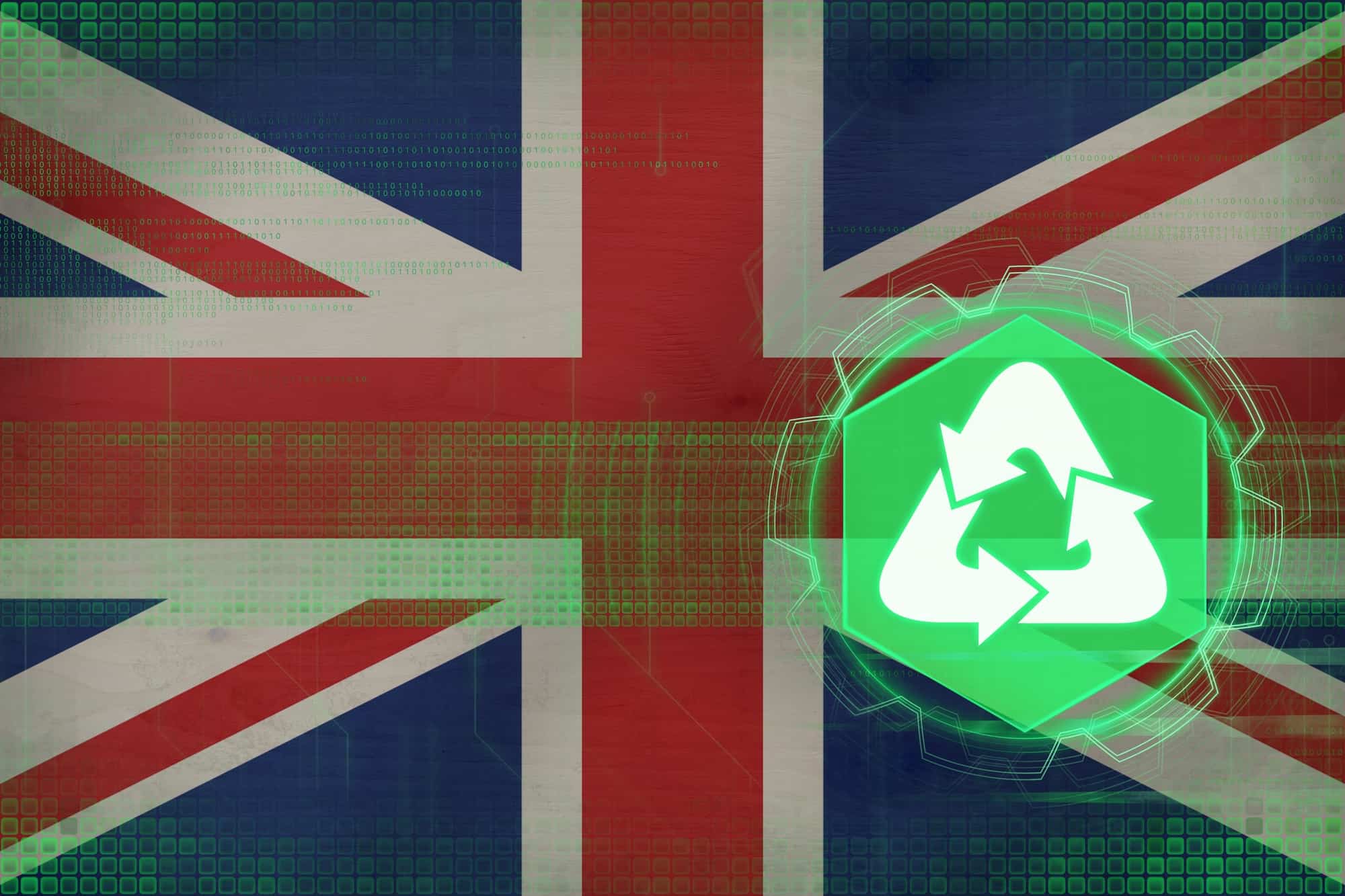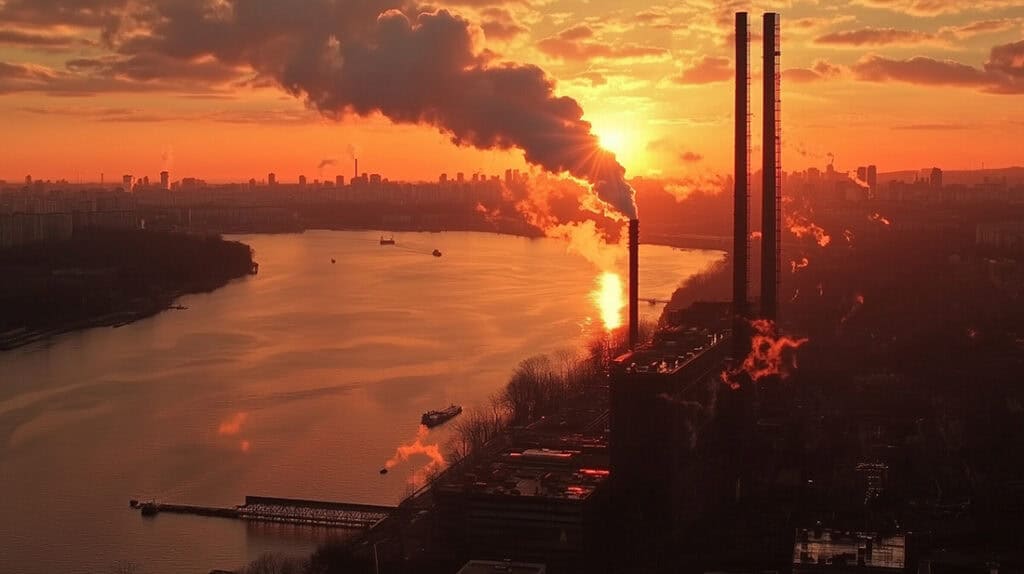Although most people today realise the importance of recycling as much as possible, it seems that not everyone is clear on exactly how to do it. One particularly thorny issue for many is the matter of what can and cannot be recycled, and this seems to be most true when it comes to recycling plastics. There is great confusion around recycling different kinds of plastic, as evidenced by a recent report produced by YouGov. Let’s take a look at these findings in some detail, in order to get to the bottom of what Britons in particular really think about recycling plastics, and where the confusion might lie.
Where Britons Stand
One interesting data point relates to how Britons stand in relation to the rest of the world. Specifically, the findings show that British people were the least sure of how to recycle plastics when compared to any other adult population in the study. Over half of those adult Brits who were asked said that they found recycling plastics confusing or difficult to understand properly. They were also more likely to be of the opinion that non-plastic packaging was a better solution for the environment, even in cases where that would mean more packaging actually being used in the first place. This illustrates a somewhat confused notion about recycling plastic which is not shared with the whole world.
Recycling Habits
However, this does not mean that British people are not keen recyclers – quite the opposite, in fact. Of all the populations studied, Brits were the most active recyclers overall, with 92% of them saying that they recycle regularly at home. When you take the average of all the adults asked across all the countries, the result is only 75%, so this is a significant difference in the figures. It is this correlation between the lack of understanding of plastic recycling and the eagerness to recycle generally that makes the report particularly interesting and worth delving into.
The Report
So, who exactly was asked about their recycling habits and beliefs in this report, and how far can we trust it? The State of Plastic Recycling Report asked around 5,500 adults across four separate countries – specifically, Mexico, Spain, the United Kingdom, and the United States. A majority – 2,228 – were British. All were asked about their behaviors and trends when it comes to recycling plastics and their understanding of recycling generally.
One of the more concerning parts of the report was where it was found that around a third of the adults asked from all territories were unsure about whether it took more energy to recycle plastic or paper, thereby throwing uncertainty over recycling habits and beliefs worldwide. The hope of producing this report is that people can become more attuned to recycling plastic, and learn more about what can and can’t be recycled. Only through such education can we hope to recycle as much plastic as possible across the world, and help each of us do our bit for the planet.








